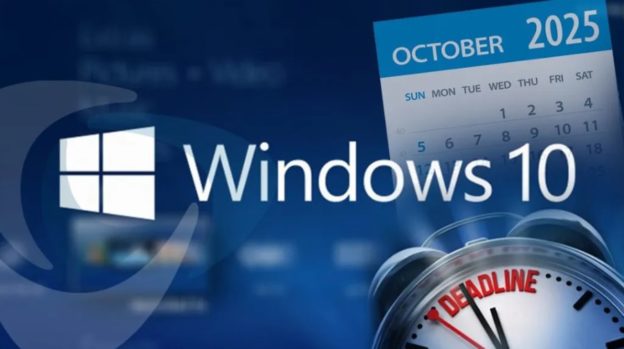Protecting the Wisdom Down Under: A Guide to Online Scams in Australia
The digital age has ushered in numerous conveniences, connecting people from around the globe. However, it has also given rise to a darker side of the internet – online scams. In Australia, as in many parts of the world, online scams have become a growing concern, particularly for older Australians. This blog will delve into the history of online scams, highlight current statistics for online scams in Australia, and provide valuable tips for older Australians to defend themselves against these digital frauds.

Coronavirus Isn’t Stopping the Online Scammers
The Evolution of Online Scams
Online scams, as we know them today, have a long and convoluted history. They have evolved alongside the growth of the internet, with each new technology bringing new opportunities for scammers to exploit unsuspecting victims. Let’s take a quick look at the key phases of this evolution:
- **The Dawn of the Internet (1990s):** Early online scams often took the form of email scams, including the notorious “Nigerian Prince” scam, in which fraudsters claimed to share their wealth in exchange for a small investment. Phishing attacks, where scammers impersonated reputable institutions, also started to emerge.
- **E-commerce Boom (Early 2000s):** With the rise of online shopping and banking, scammers began to exploit vulnerabilities in online payment systems. Auction fraud and counterfeit merchandise scams became prevalent.
- **Social Media and Smartphone Era (2010s):** The popularity of social media and smartphones led to an increase in various scams, including romance scams, where fraudsters posed as potential partners to gain trust and steal money. Moreover, mobile app scams and fake antivirus software scams became more common.
- **Cryptocurrency Scams (Late 2010s – Present):** The advent of cryptocurrencies like Bitcoin introduced a new dimension to online scams. Investment scams, fake ICOs (Initial Coin Offerings), and Ponzi schemes targeted those looking to profit from the crypto market.
Online Scam Statistics in Australia
Online scams have a substantial impact on the Australian population, with older Australians being particularly vulnerable. Here are some recent statistics to highlight the issue:
- According to the Australian Competition and Consumer Commission (ACCC), Australians lost over $851 million to scams in 2020.
- Investment scams were the most common type, accounting for $328 million in losses, followed by dating and romance scams at $131 million.
- Older Australians, aged 55 and over, are the most targeted group, making up 45% of reported scam cases.
- In 2020, nearly 15,000 scam reports came from older Australians, resulting in losses of approximately $48 million.
Tips to Defend Against Online Scams
To protect themselves from the ever-evolving landscape of online scams, older Australians (and everyone) should consider the following tips:
- **Educate Yourself:** Stay informed about the latest scams. Government websites, such as Scamwatch, offer up-to-date information on current scams in Australia.
- **Verify Sources:** Be cautious when sharing personal information. Verify the legitimacy of websites, emails, and callers before sharing personal or financial data.
- **Use Strong Passwords:** Create complex, unique passwords for your online accounts. Use a password manager to keep track of them.
- **Install Security Software:** Use reliable antivirus and anti-malware software to protect your devices from potential threats.
- **Be Wary of Unsolicited Communications:** If someone contacts you out of the blue, whether it’s via email, phone, or social media, be cautious. Scammers often initiate contact.
- **Don’t Rush into Financial Transactions:** Take your time when making financial decisions, especially those involving investments or cryptocurrency. Seek advice from a financial advisor.
- **Report Scams:** If you suspect a scam, report it to authorities like Scamwatch, your bank, and the police.
Conclusion
Online scams in Australia are a persistent and growing issue, with older Australians at particular risk. Understanding the evolution of online scams, staying informed about current scams, and following essential tips for defense can help protect individuals and communities from the financial and emotional devastation these scams can cause. With vigilance and awareness, we can collectively reduce the impact of online scams and make the digital landscape safer for everyone.
Please contact the Original PC Doctor if you need support or help with the scam. The Original PC Doctor is a team of experienced technicians who can help you with your computer and software needs.
Written by The Original PC Doctor on 13/10/2023.





















































































